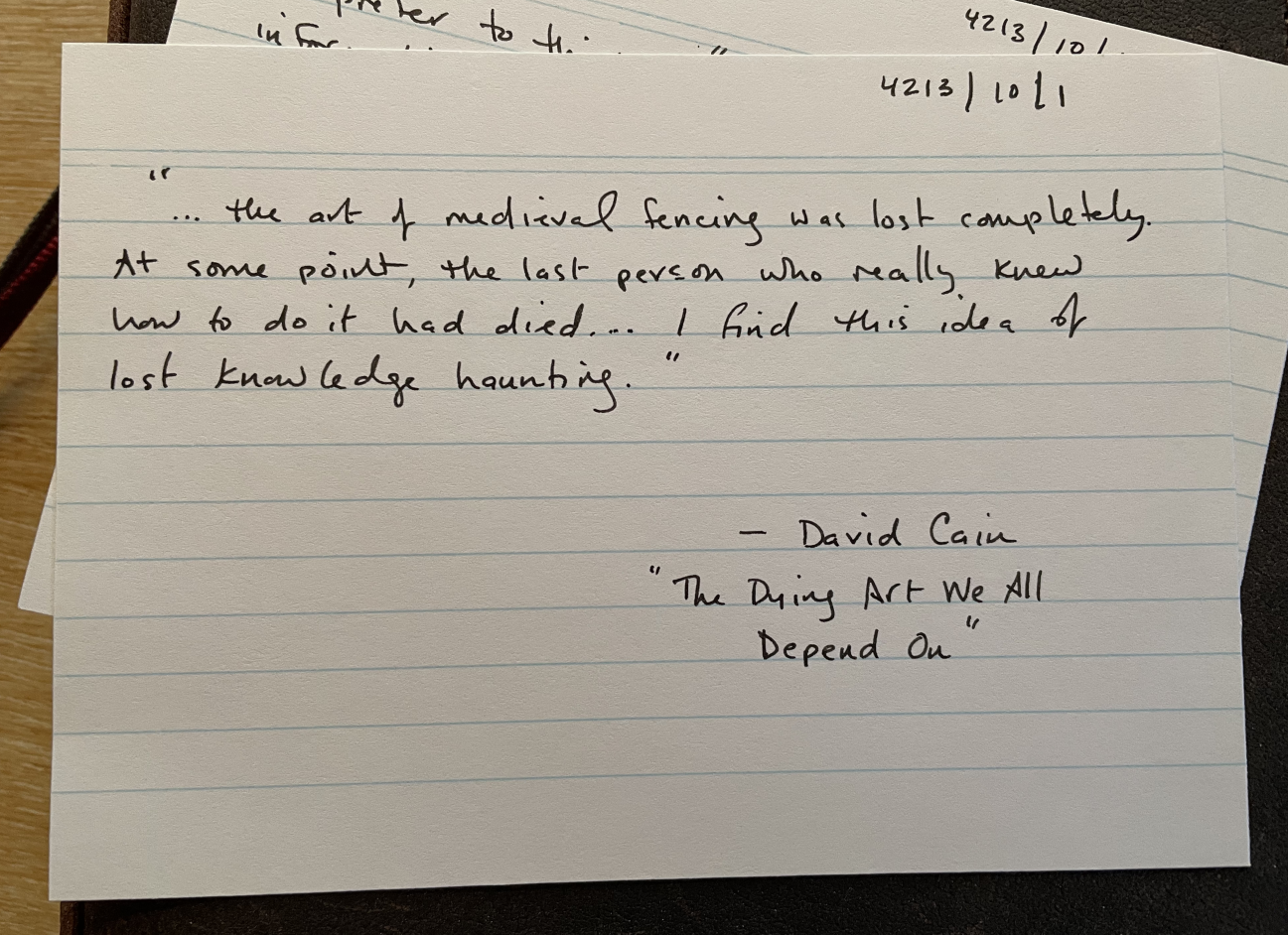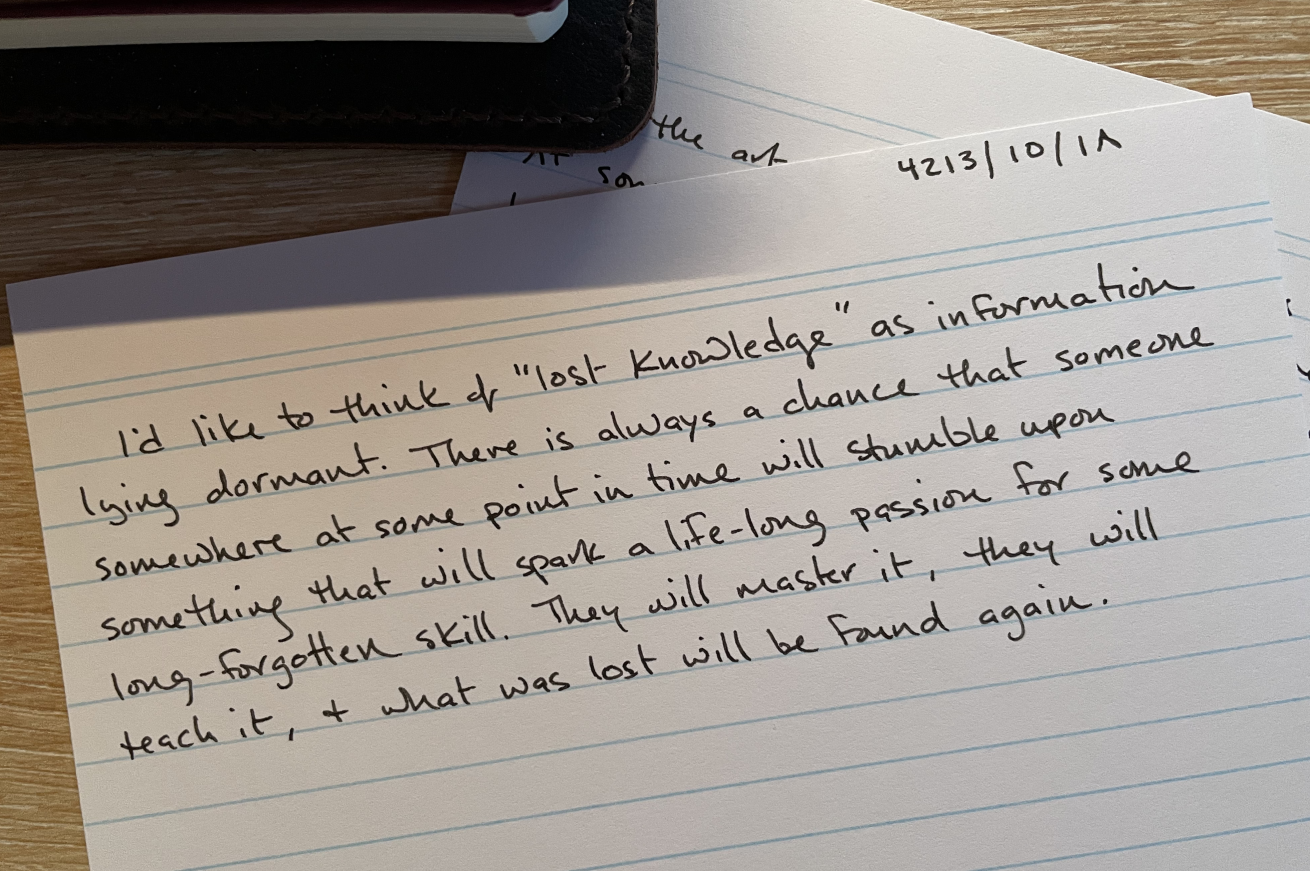Lost and Found

My favorite time of the year is finally upon us. 🍂 Have I mentioned that I love Fall? I love Fall.
And I especially love Halloween.
To celebrate I spent some time brainstorming and outlining my new Halloween story, and I think I came up with something fun. Like all my previous spooky stories, this year’s tale will star Julianne, Kris, Leigh and Karen. The setting: New York City. The vibe: absurd humor. The plot: 🕛🗝️📋🧭🚫
Look for it on October 31st.
Food for thought
- AI Art and being imperfect - On the question of why people use AI-generated art:
In the minds of many people, art is no longer seen as... well, art. It's seen as a product, as content. That's why there are people that think highly of GenAI, that's why it got any traction in the first place. Because the idea is, that we can now somehow produce art more "efficiently". That the entire process can now be condensed to a button press. The process isn't important, it is a means to an end.
And:
With a press of a button you can "make" something, and you still sort of get that feeling of satisfaction of creating stuff. It'll be "polished". It won't really say anything, you won't have to put yourself out there. You can hide behind the tool, it absolves you of responsibility, it removes the need to be vulnerable.
I think AI helps break through a lot of people’s creative resistance and that’s why so many people are rushing to use it. It scratches the “I want to create something” itch just enough to feel like you did something without it costing the things that generally keep people from creating: time, effort, energy. It frees you of the fear of being criticized, while giving you the satisfaction of having put something out there. It’s yours but it’s not yours.
I imagine it probably falls short of being fulfilling, though, and as more people stop bothering to accrue the necessary skills to make art themselves, will it eventually drive the value of skill and craft higher?
I don’t know, but it feels like a good time to start investing in human-made art.
That reminded me of something I read not long ago on the subject of lost skills, but I can’t remember where I read it.
Searching digitally for it failed, but led me to this piece of content from my archives: “How Cognitive Offshoring is Killing Personal Thought”
“We are building a world where nobody remembers how they know what they know.”
And that’s why I keep a notes box.
A quick search through my "knowledge" section brought me to what I was looking for: An article called “The Dying Art We All Depend On” by David Cain.

And my note on the subject:

As long as human curiosity remains alive there is always hope.